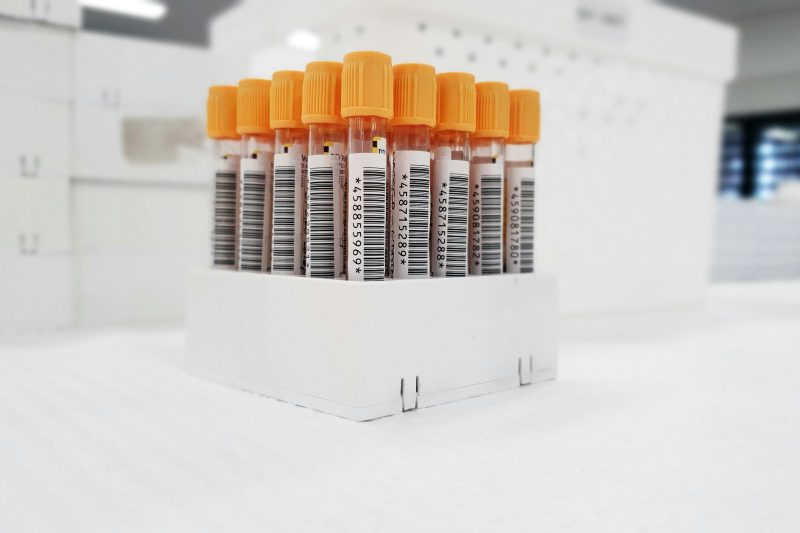Organ transplantation offers a life-saving lifeline to countless individuals suffering from organ failure. But behind the scenes of this medical marvel lies a crucial player: histopathology. This specialized field of medicine examines tissues under a microscope, providing invaluable information that guides every stage of the transplant process.
Ensuring Organ Suitability:
The journey begins with organ donation. Histopathological analysis of the potential donor organ is essential to assess its viability. Pathologists meticulously examine the tissue for signs of disease, damage, or infections that could compromise the success of the transplant. This meticulous evaluation helps prevent the transplantation of unsuitable organs, maximizing the chances of a positive outcome for the recipient.

Diagnosis of Rejection:
One of the biggest hurdles in organ transplantation is rejection. The recipient’s immune system recognizes the transplanted organ as foreign and attacks it. Histopathology plays a critical role in diagnosing rejection. Biopsy samples are taken from the transplanted organ and analyzed microscopically. Pathologists identify specific patterns of immune cell infiltration and tissue damage, allowing for prompt diagnosis and adjustment of immunosuppressive medications to prevent organ failure.
Monitoring Long-Term Health:
Following transplant surgery, recipients undergo regular monitoring to ensure the long-term health of the transplanted organ. Histopathological analysis of biopsy samples helps detect early signs of complications like chronic allograft dysfunction, viral infections, or recurrence of the original disease in the transplanted organ. This allows for early intervention and management, improving the longevity and function of the transplant.
Understanding Disease Processes:
Histopathological findings not only diagnose problems; they also contribute to our understanding of transplant-related diseases. By studying the microscopic changes associated with rejection or other complications, researchers can develop new therapeutic strategies and refine immunosuppressive regimens to improve transplant outcomes.
The Art and Science:
Histopathology in transplantation is a blend of meticulous science and seasoned expertise. Pathologists utilize advanced microscopy techniques, specialized stains, and a deep understanding of disease processes to interpret the complex information hidden within tissue samples. Their expertise is vital for accurate diagnosis and guiding optimal patient care.
The Future of Histopathology:
The field of histopathology is constantly evolving. Emerging technologies like digital pathology and artificial intelligence are transforming the way transplant-related biopsies are analyzed. These advancements aim to improve efficiency, accuracy, and consistency in diagnosis, further enhancing transplant outcomes.
Conclusion:
Histopathology plays an indispensable role in organ transplantation. From ensuring organ suitability to diagnosing complications and monitoring long-term health, this specialized field acts as a silent guardian in this life-saving medical procedure. As technology advances, histopathology will continue to refine its tools and expertise, ensuring a brighter future for organ transplantation and improved patient care.
If you or someone you know is considering organ transplantation, it’s crucial to consult with a team of experienced professionals, including dedicated histopathologists. SimpleeKare Health Hospital is committed to providing comprehensive leveraging advanced diagnostic techniques and personalized patient support. Contact us today to learn more about our transplant program and how we can help you on your journey to a healthier tomorrow.
Hello there, just became alert to your blog through Google, and
found that it’s really informative. I’m going to watch out for brussels.
I will appreciate if you continue this in future. Many people will be benefited from your writing.
Cheers! Lista escape room